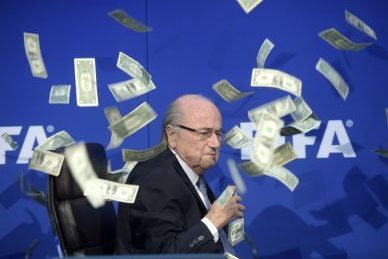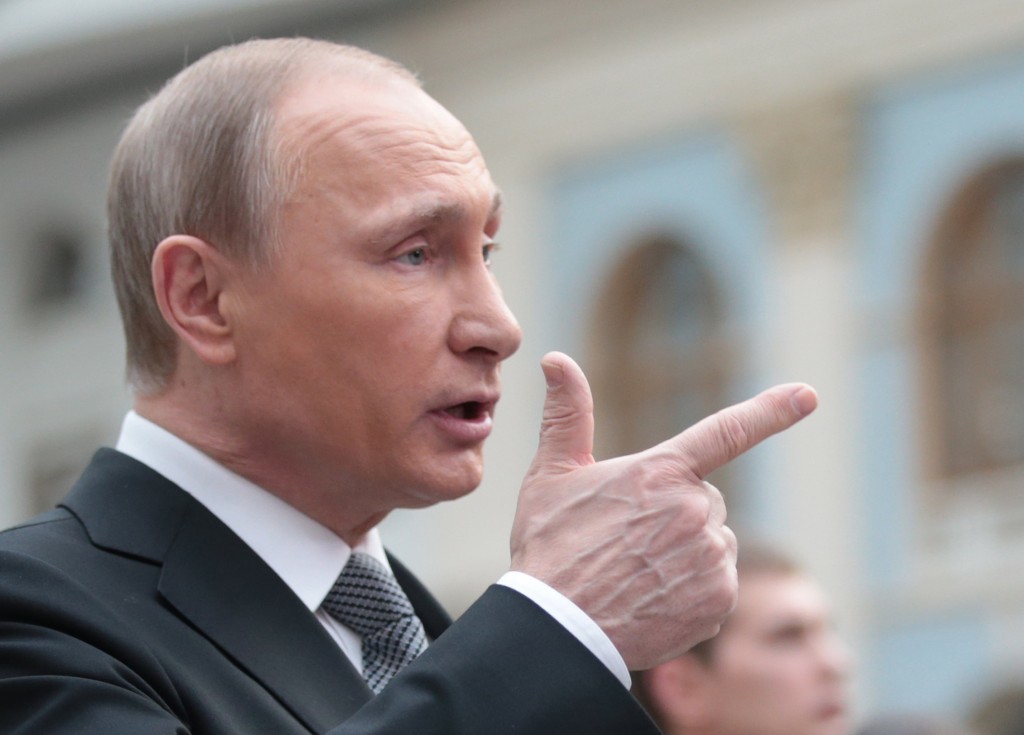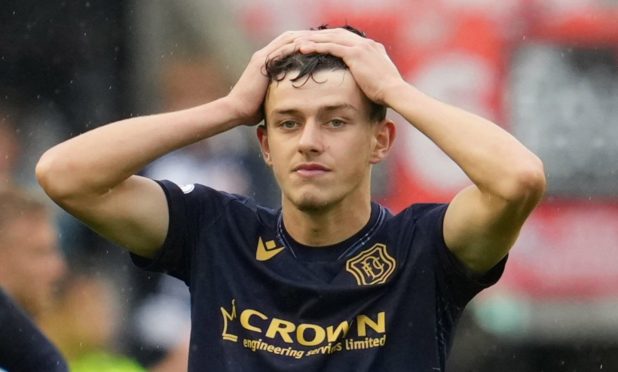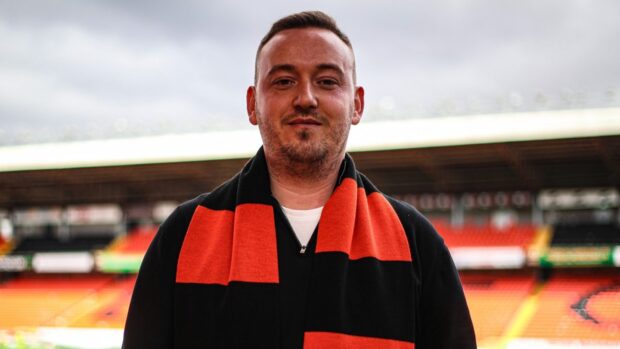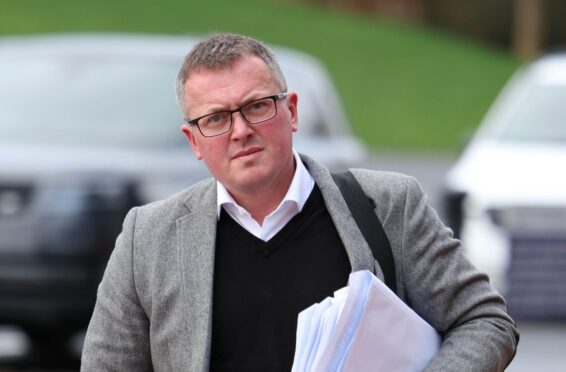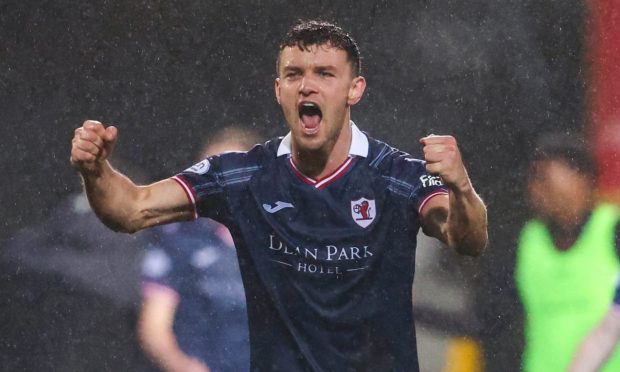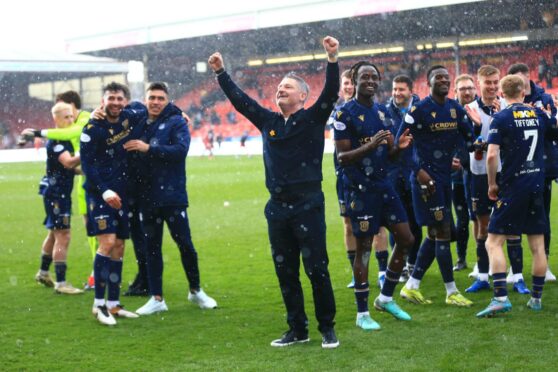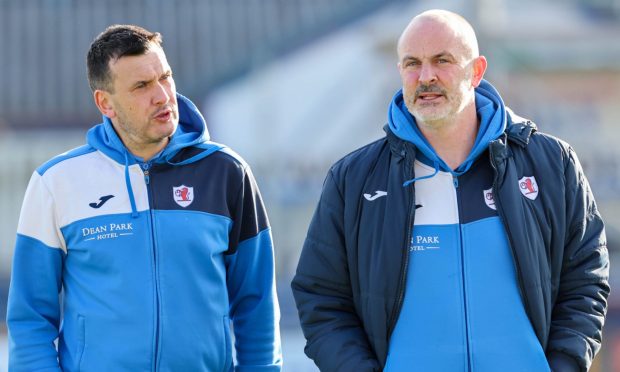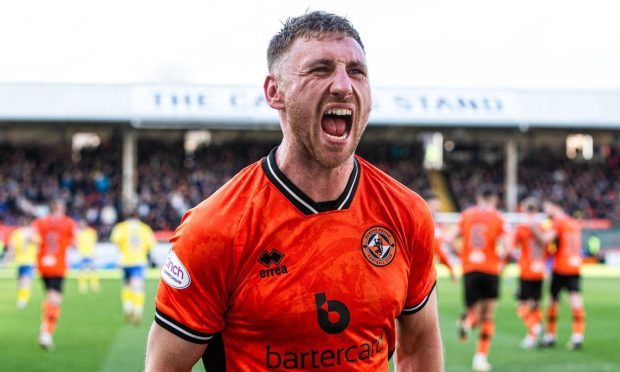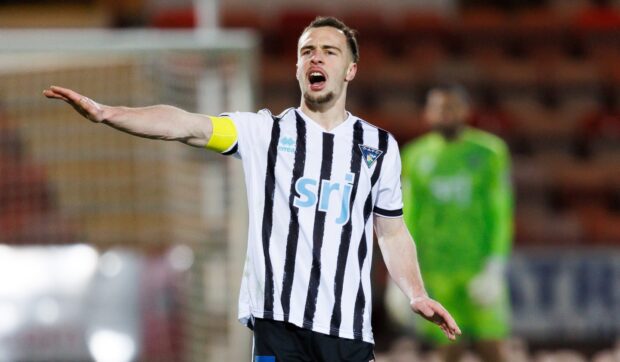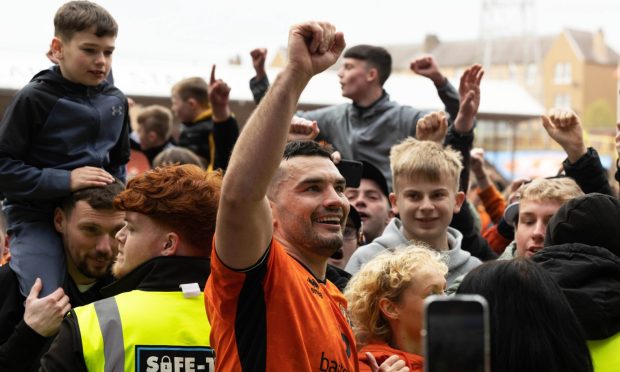The beautiful game is about to do battle with the ugly side of football at the World Cup.
The winner will be dictated by how much we care about what happens off the pitch as well as on it. When the magic is weaved by Lionel Messi, Neymar and Co, will anyone even think about corruption, racism, homophobia or the threat of violence?
After all, football’s greatest show has turned the other cheek before.
At Argentina 1978, as each speck of confetti flew into the air before falling to its fate you could have been reminded of the political prisoners drugged, forced into helicopters and then dropped into the Atlantic by the monstrous military junta that ruled that country at the time.
The generals waging the “Dirty War” were not just rewarded by Fifa with a World Cup propaganda bonanza but Mario Kempes and his teammates even lifted the golden trophy, with impressionable children in playgrounds across the world mimicking those joyous paper celebrations.
Four decades on, the game’s great prize has been gifted to a state that has annexed Crimea; invaded neighbouring Ukraine; is the power propping up the Assad regime in Syria; was found by a team of international investigators to be the country of origin of the missile that murdered 298 people aboard Malaysian Airlines flight MH17; is suspected by US intelligence agencies (if not Donald Trump) of interference in the American presidential elections as well as other votes; and has had an accusatory finger pointed at its President Vladimir Putin by the United Kingdom and allies following the attempted assassination of former Russian agent Sergei Skripal and his daughter Yulia on the streets of Salisbury just three months ago. Oh and there are also the doping scandals to consider.
However, when the pubs are packed and pizzas and beers are dished out in living rooms across Scotland, will any of this matter?
Certainly, the temptation is to carry on regardless. That is what Russia and Fifa intend to do. There has even been Russian collusion with a ghost of Fifa past, with the disgraced former president of the game’s ruling body breaking off from his six-year ban from any Fifa activities to give a scene-setting interview to RT, the state-backed broadcasters, entitled: “Sepp Blatter: World Cup in Russia will be exceptional.”
Of course, the scandals that brought down Blatter and his cronies are in the past are they not? Well, no.
As recently as November last year, Fifa’s ethics committee banned three leading officials from all football for life. Richard Lai, Julio Rocha and Rafael Esquivel all pleaded guilty to corruption charges in the United States.
Lai, from Guam, admitted two charges of wire fraud conspiracy and revealed that he had received nearly $1 million in bribes. Rocha, the former head of the Nicaraguan FA, pleaded guilty to racketeering conspiracy and wire fraud conspiracy, with authorities claiming that he negotiated and accepted more than $150,000 in bribes. Esquivel, the former Venezuela Football Federation president, pleaded guilty to racketeering conspiracy, wire fraud conspiracy and money laundering conspiracy after participating in bribery schemes related to awarding media and marketing rights contracts. He has already agreed to forfeit $16 million, which raises the total forfeitures in the wider Fifa scandal to more than $200 million.
Just this week, former Ghana FA president Kwesi Nyantakyi resigned from the posts he held with Fifa and the Confederation of African Football. A film was released last week in which he was seen apparently accepting a gift of $65,000 “shopping money” from an undercover reporter. He denies any wrongdoing.
As Fifa tries to clean itself up, for those of us looking for fair and moral decisions to be taken when awarding World Cups it is too easy to see how and why you get wins for Russia and Qatar. Both results should be as baffling now as they were when Blatter held up the envelopes in December 2010 but they are not.
No country, of course, has a monopoly on racism or homophobia. However, the attempt to reduce the number of hate crimes in and around this tournament – if not eradicate them entirely – was surely undermined by Fifa just last month.
In response to monkey chants being aimed at France’s black players during a “friendly” against Russia in St Petersburg in March, which was won 3-1 by the French, world football’s governing body fined the Russian FA the paltry sum of 30,000 Swiss francs or £22,000. Fifa said its disciplinary panel noted “the gravity of the incident but also the limited number of fans involved.”
The same month as Paul Pogba and his colleagues were being abused, a cat ran on to the pitch during a Champions League match between Besiktas and Bayern Munich. The Turkish club was charged with “insufficient organisation” by European football’s governing body Uefa and fined 34,000 Euros or £29,880. So a stray cat cost £8,000 more than blatant racism, albeit different ruling bodies were involved.
Fears over the treatment of LGBT fans heading to Russia for the finals are also real and considerable. Indeed, the Foreign and Commonwealth Office’s Be on the Ball guide was updated a few weeks ago to warn supporters that “public attitudes towards LGBT+ people (in Russia) are less tolerant than in the UK.”
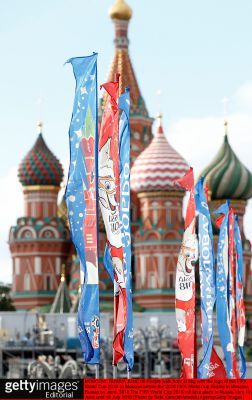
The danger of hooliganism also remains clear and present despite the optimistic belief that the authorities have clamped down, warning Russia’s football thugs to behave and not attack foreign fans. When Putin speaks they listen, is the hope. How that can be policed for the duration of the tournament in a land so vast and varied remains to be seen and it will be a relief if there are no scenes reminiscent of the street battles in France at the Euros two years ago.
Football is the beautiful game, as we shall witness when the goals start coming, but the ugliness that surrounds this tournament should not be ignored.
